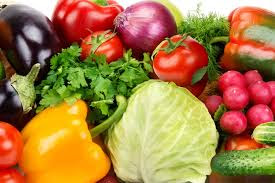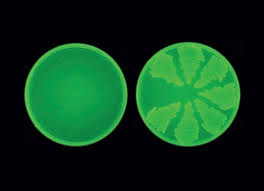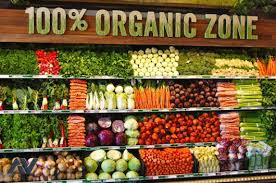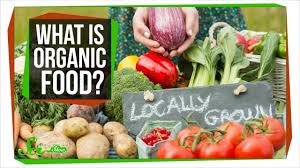Foods to eat and avoid.
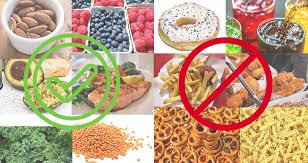
Foods to eat Most Victoria’s Secret models follow a diet rich in nutrient-dense whole foods, including fruits, vegetables, whole grains, proteins, and healthy fats. Here are some foods that are encouraged on the diet: Vegetables: broccoli, cauliflower, tomatoes, asparagus , squash, carrots Fruit: berries, apples, oranges, peaches, pears, plums Proteins: poultry, seafood, lean cuts of meat, eggs Whole grains: quinoa, brown rice, oats, couscous Nuts: walnuts, almonds, pistachios, cashews, macadamia nuts Seeds: chia seeds, pumpkin seeds, hemp seeds, flax seeds Legumes: chickpeas , beans, lentils Healthy fats: coconut oil, olive oil, avocados Foods to avoid Although many Victoria’s Secret models note that they don’t eliminate any foods from their diet entirely, many do limit certain types of food. Typically, the Victoria’s Secret Model Diet involves limiting processed foods, refined grains, sugar, and alcohol. More restrictive versi...

